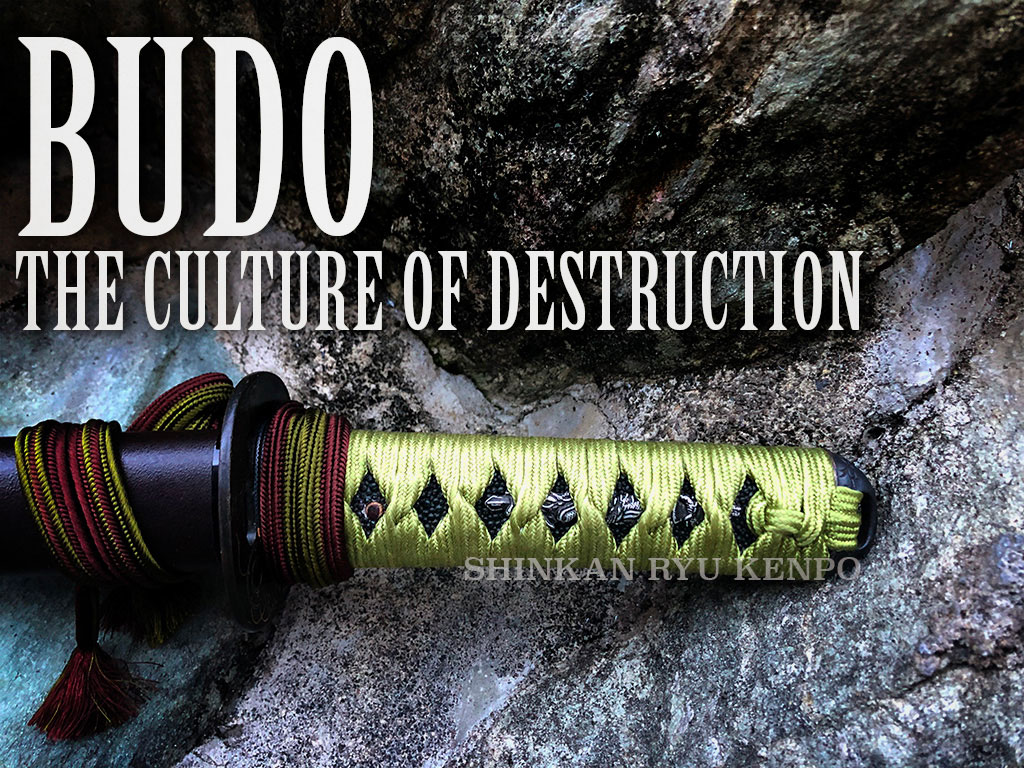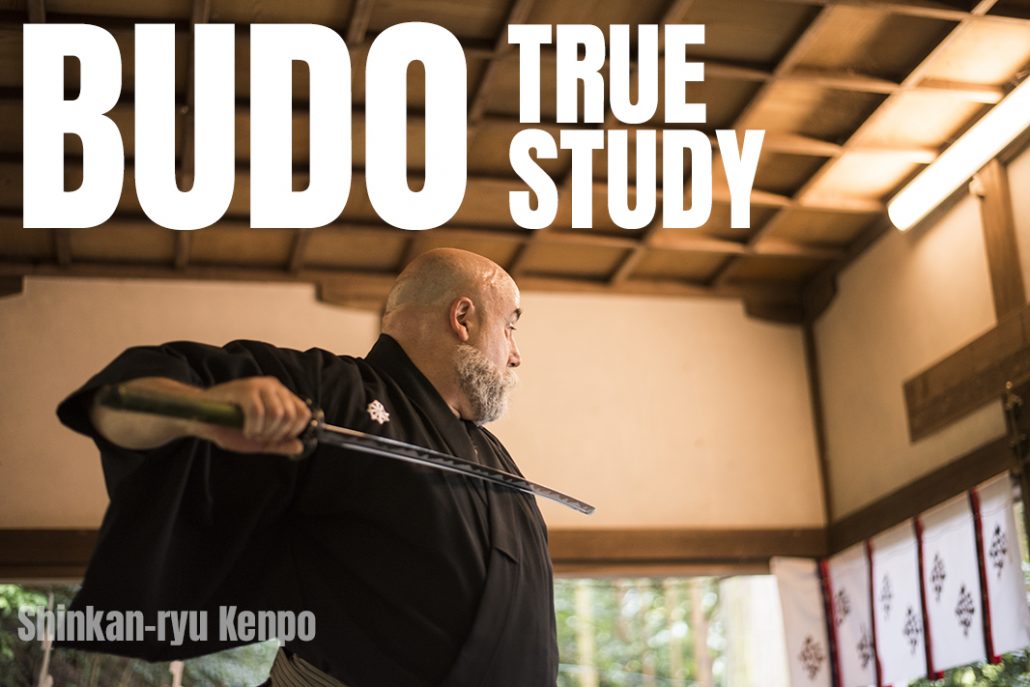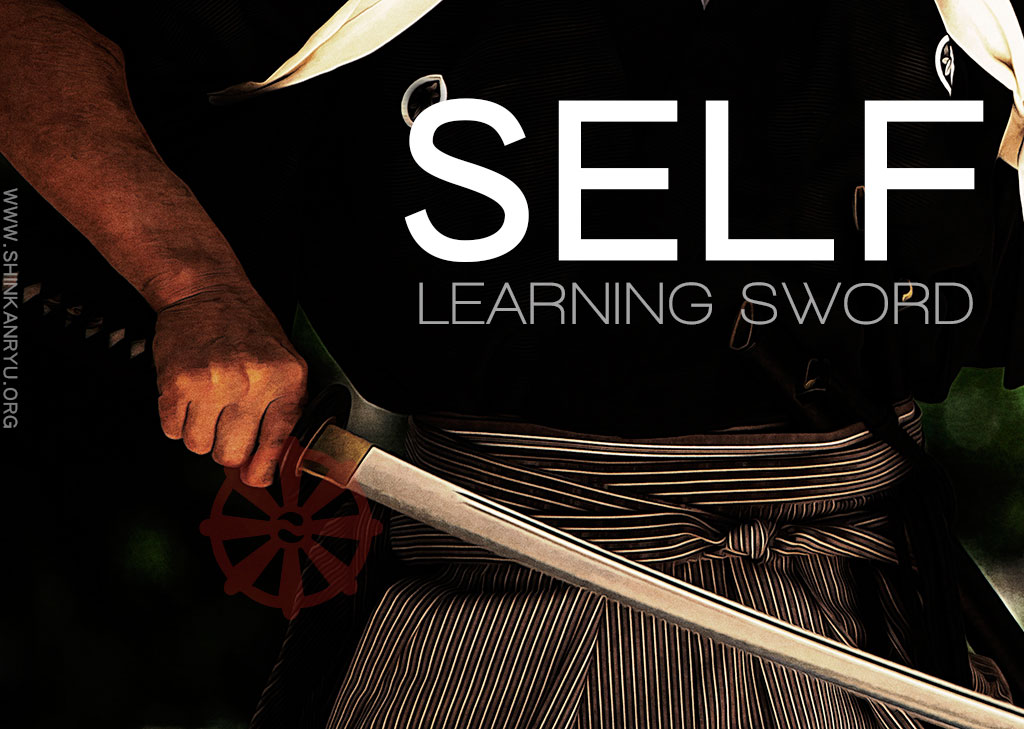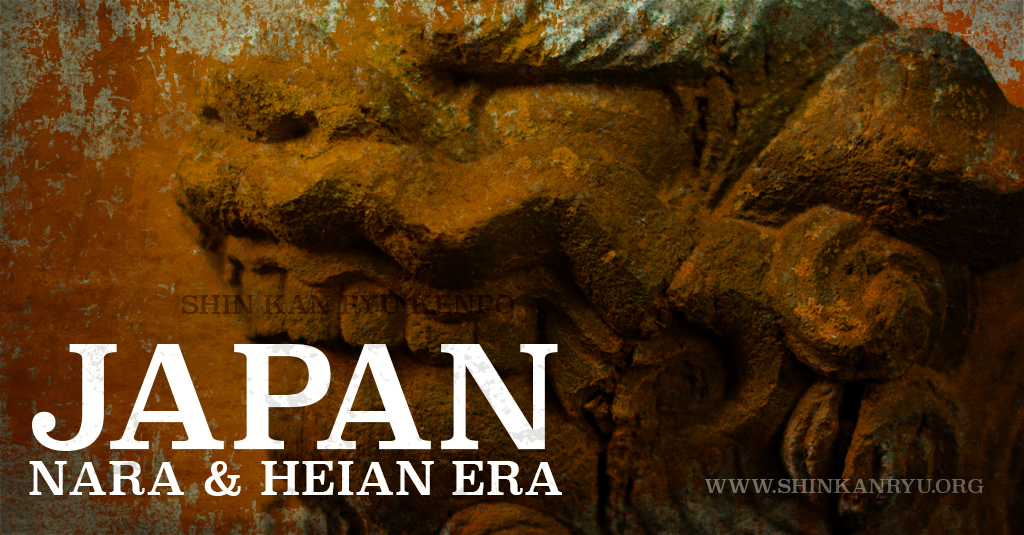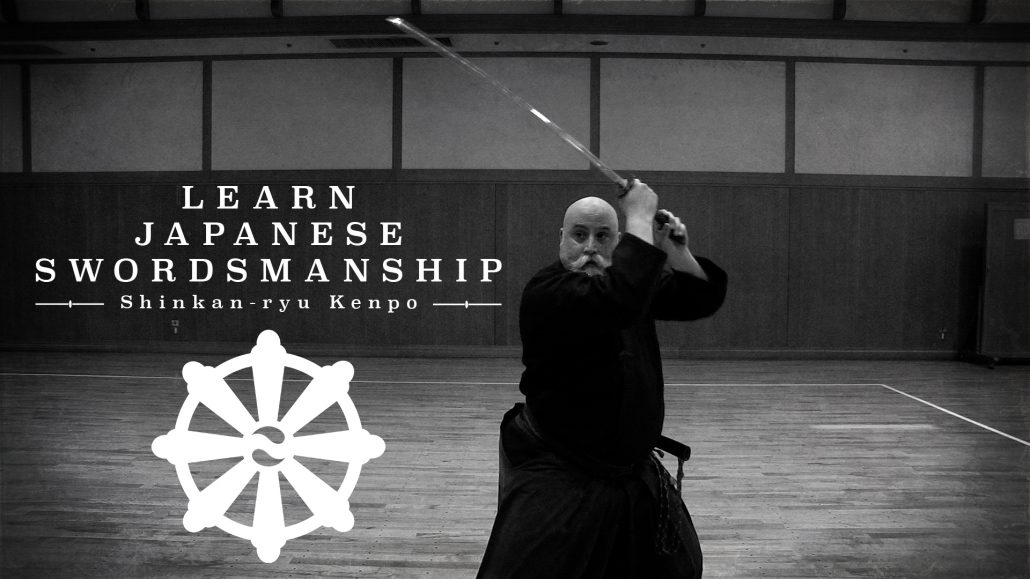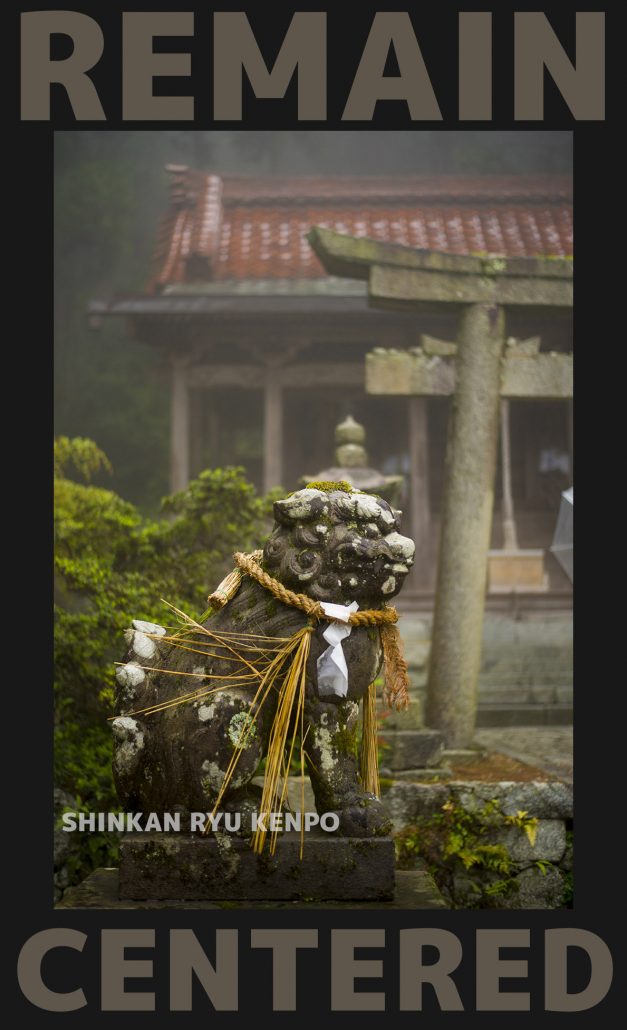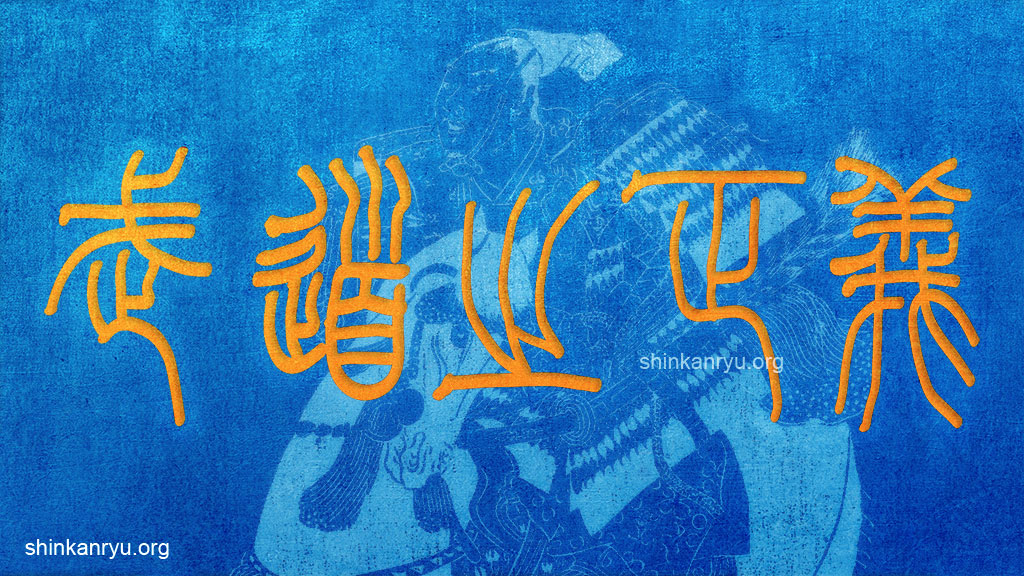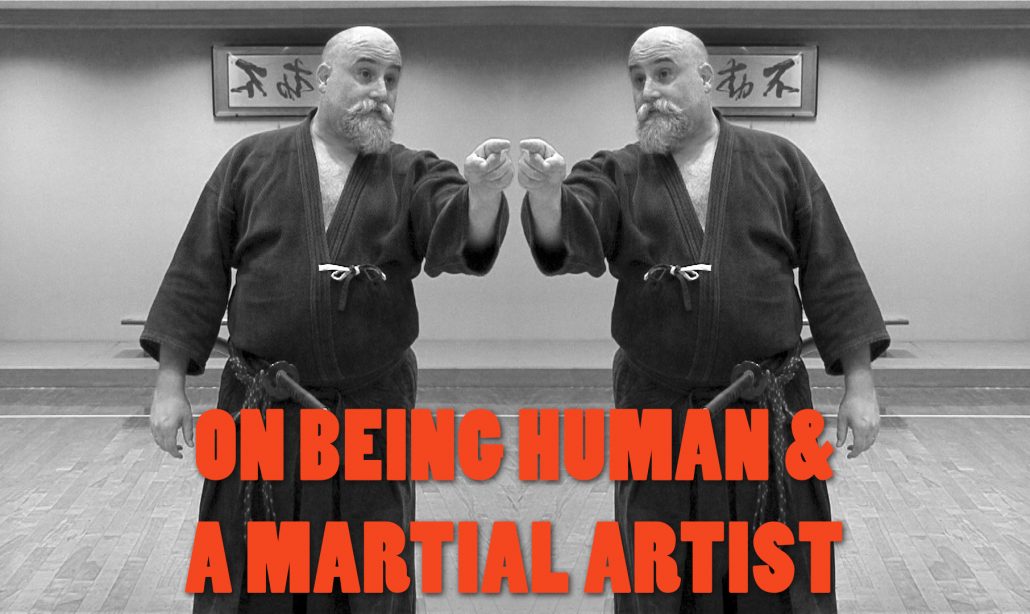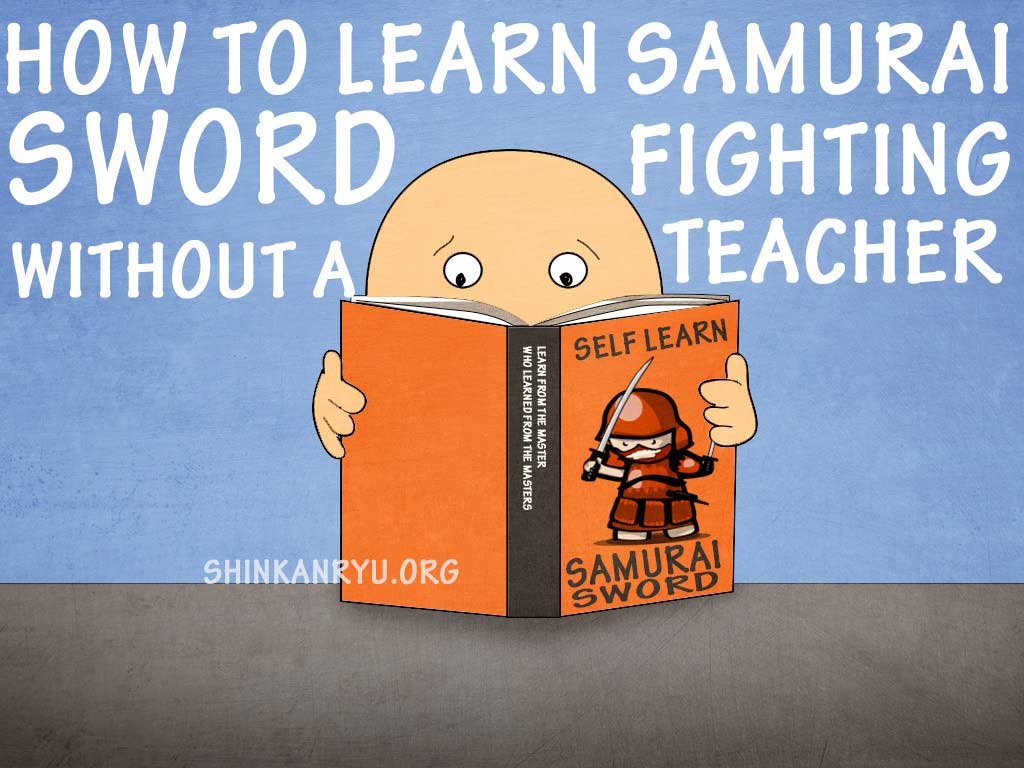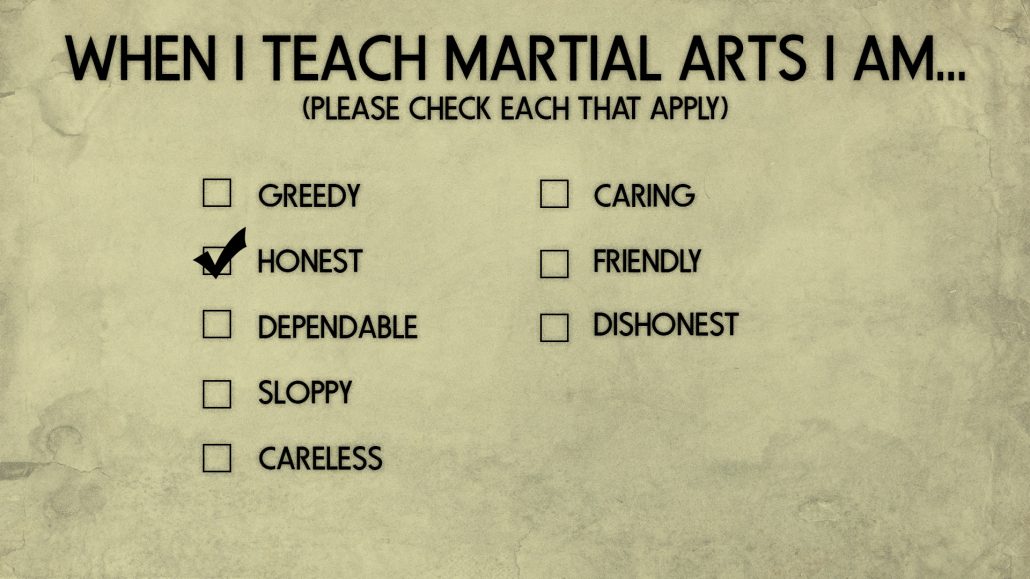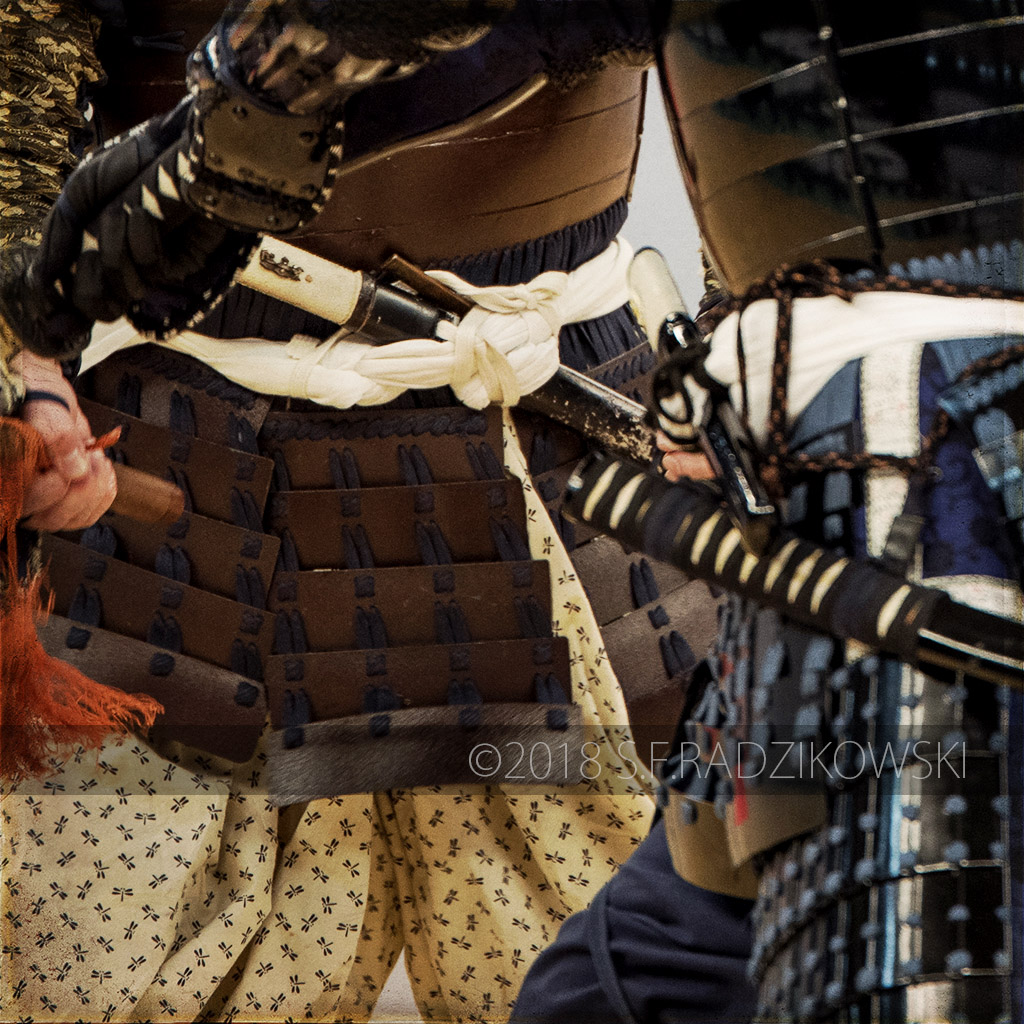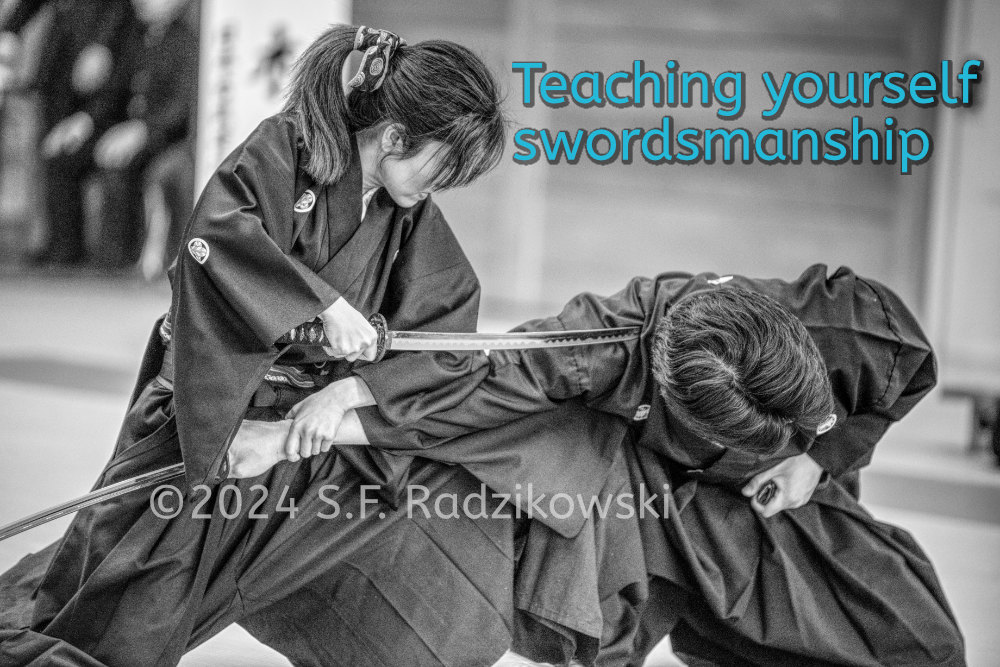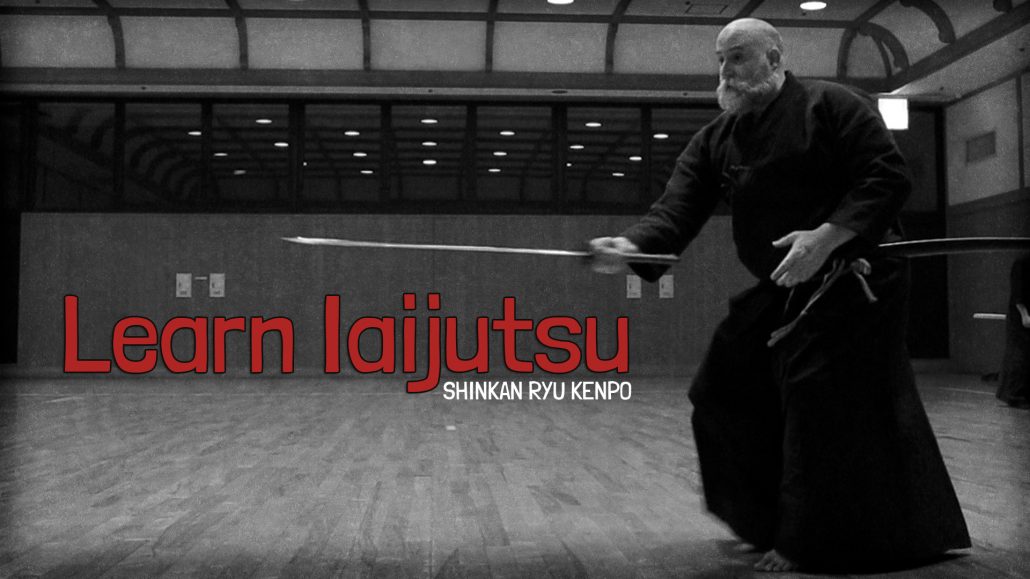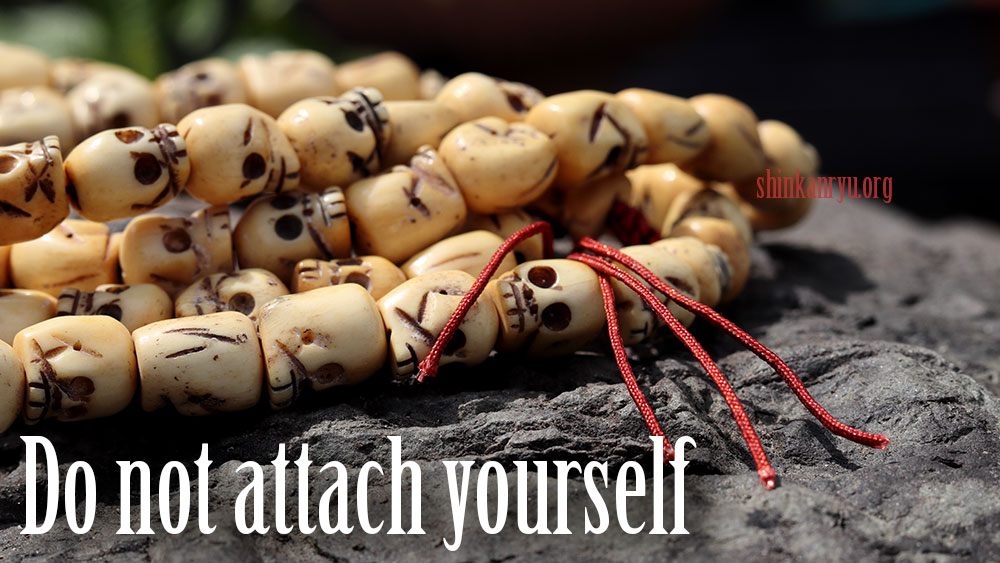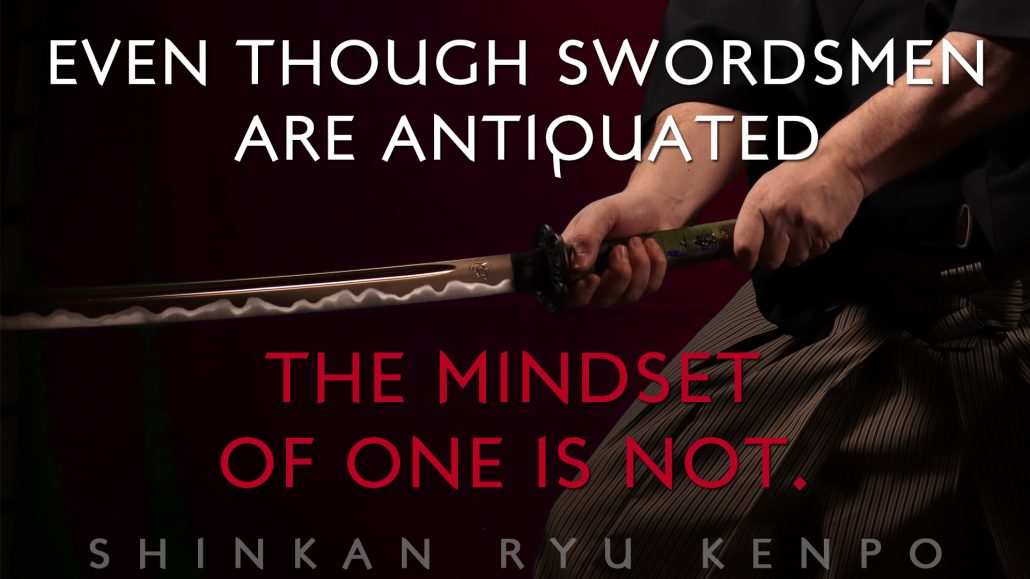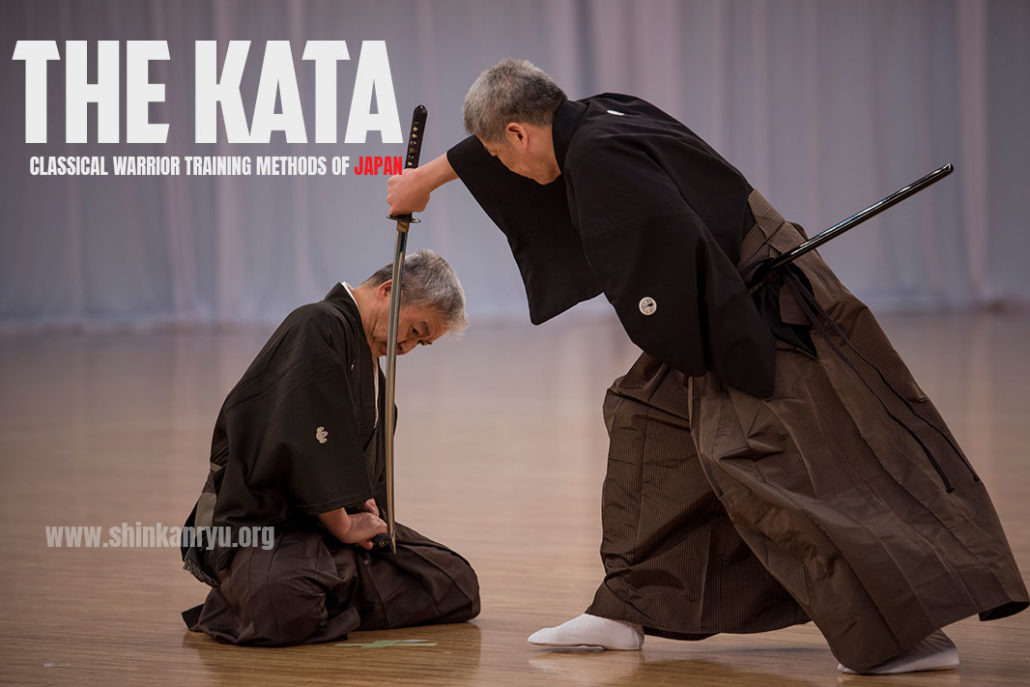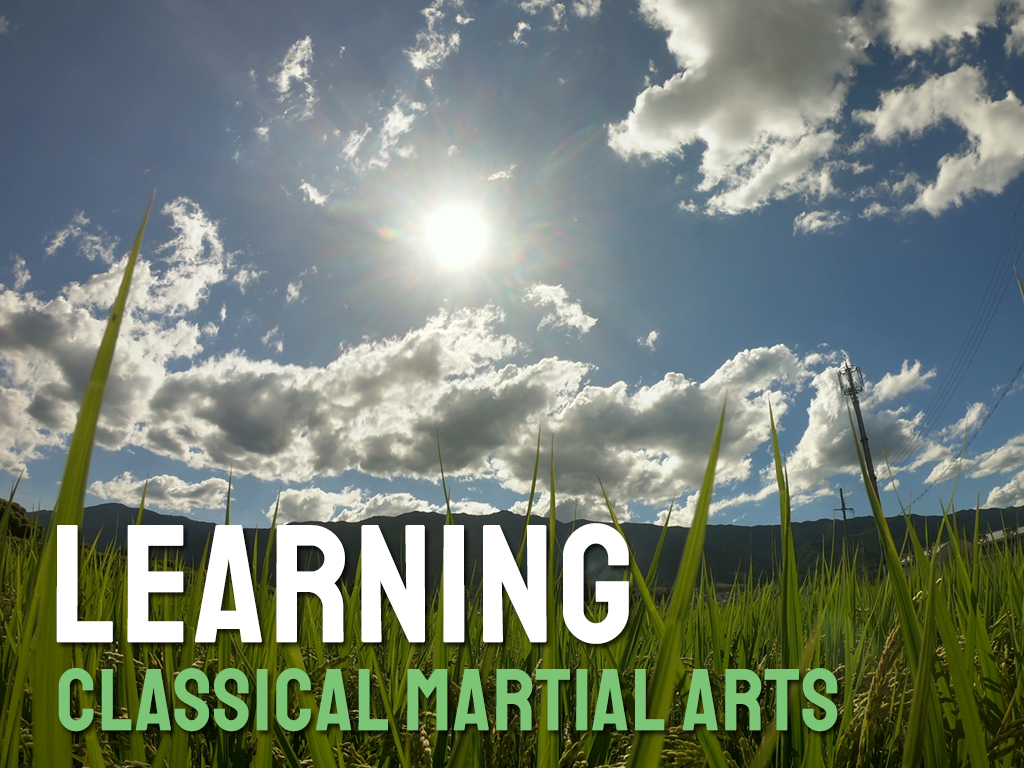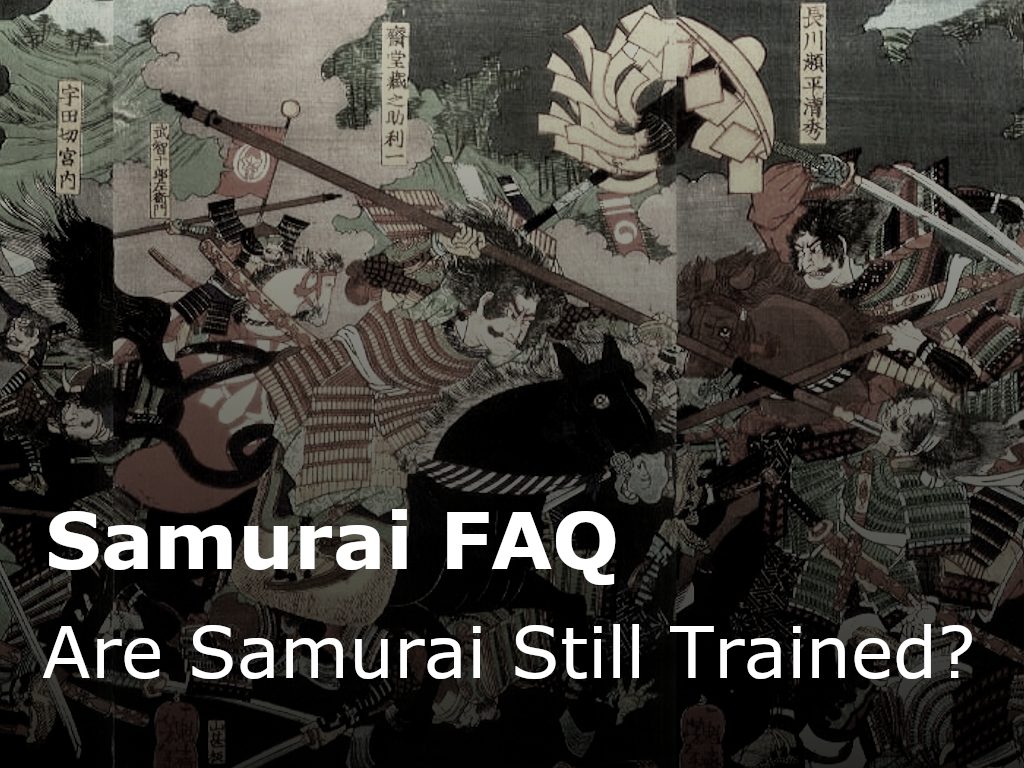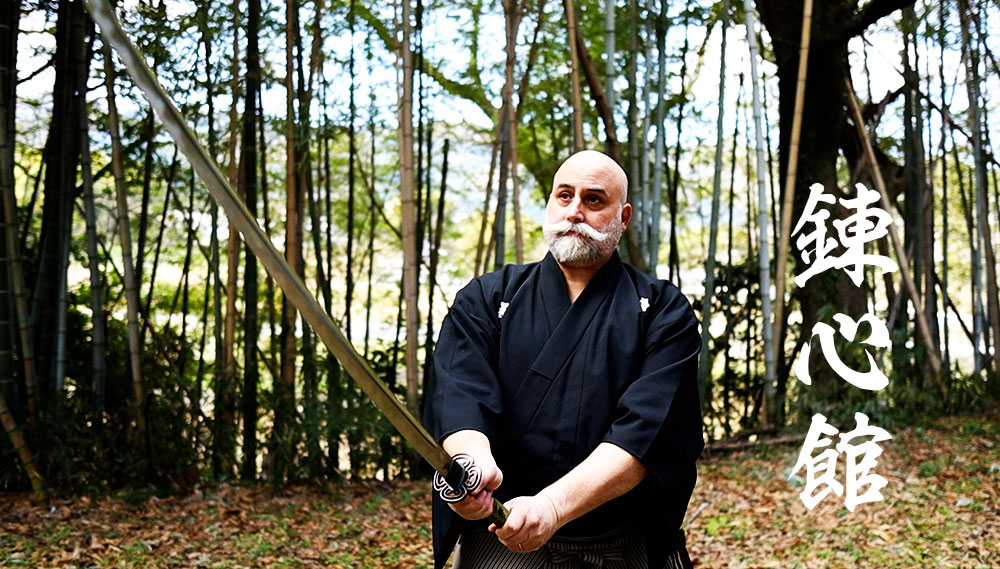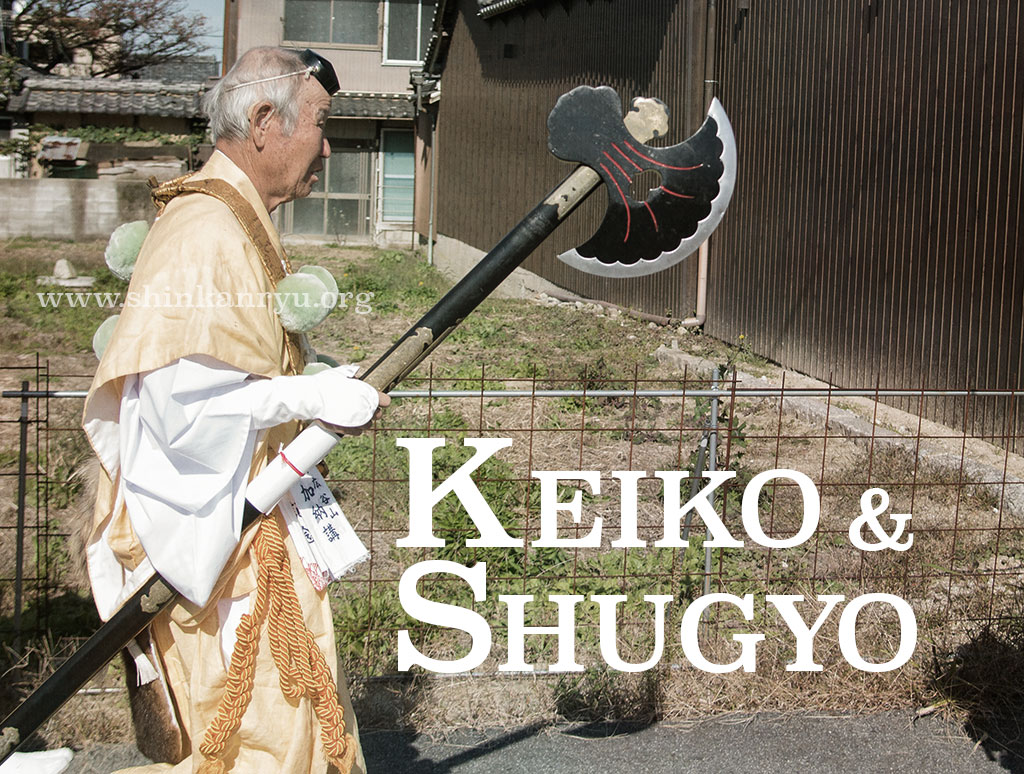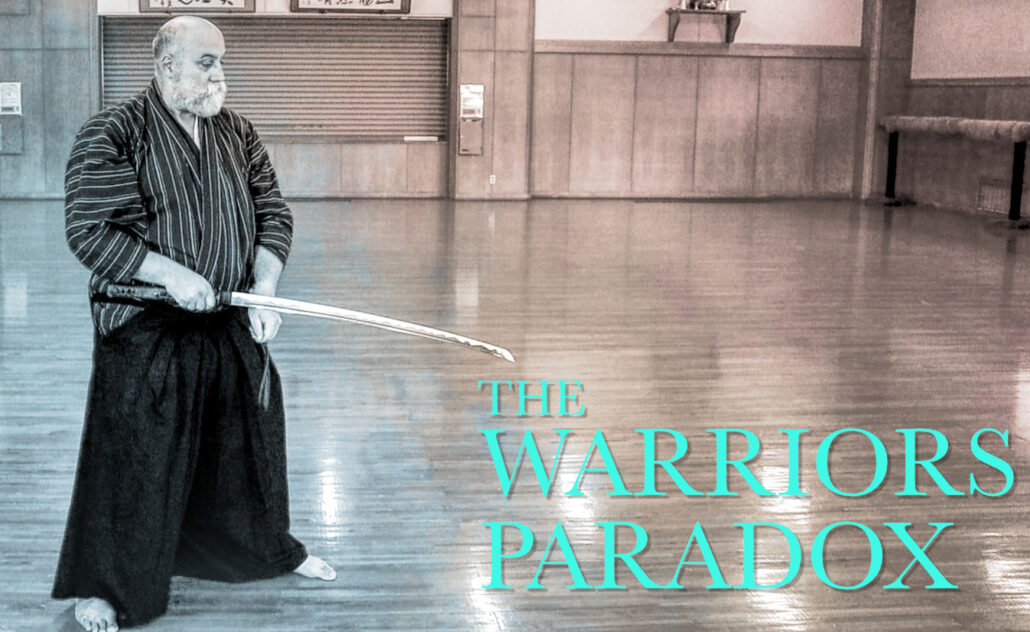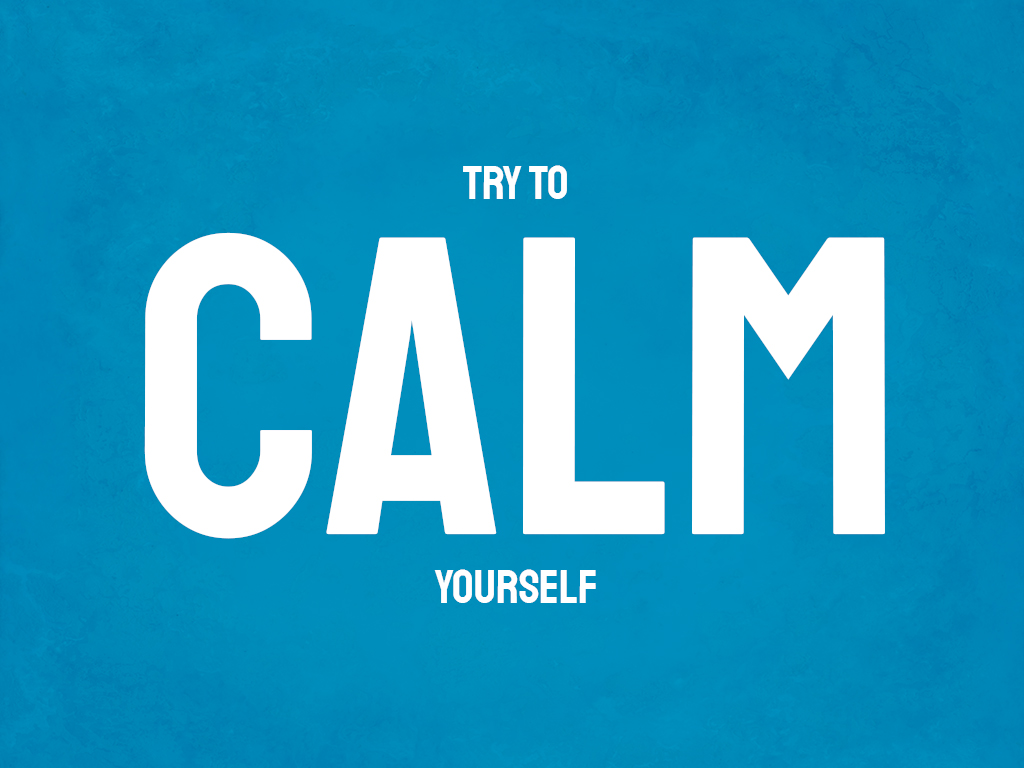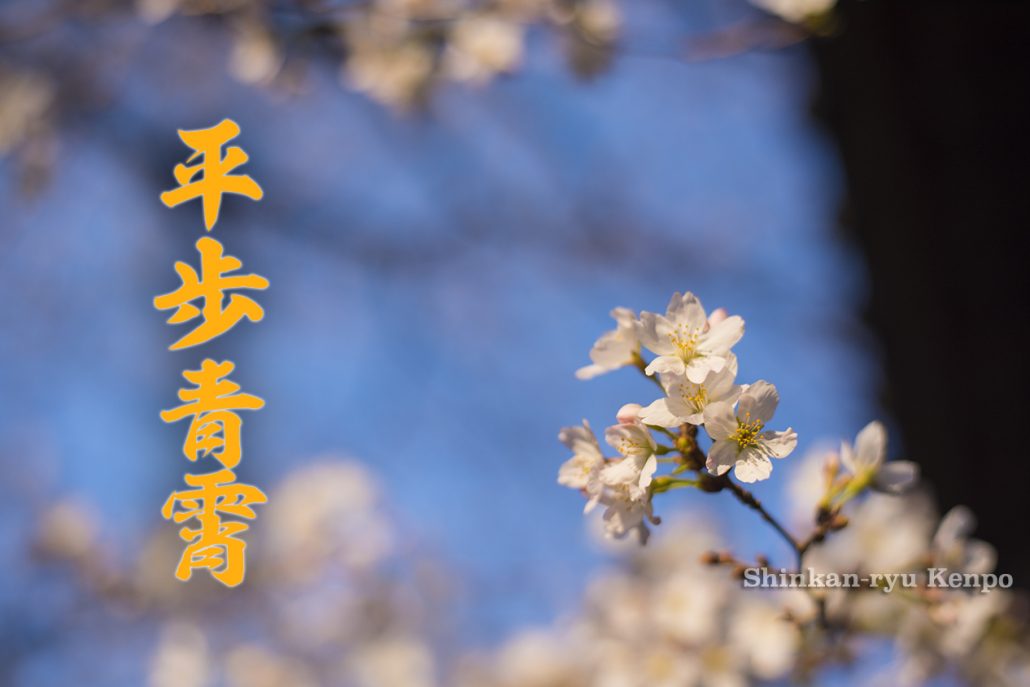The desire to destroy is within us all. We must overcome this urge to tear others down or damage someone's happiness. Whether it's intentional or negligence. As bugeisha (martial artist), it is crucial to suppress the urge to destroy. There is an undeniable pleasure in setting forth events of entropy that result in loss. The very waza we study are acts of destruction. We are hoping to inject entropy into the very will, movement and physicality of our opponent. Many of the actions within our waza, when applied to the opponent, are the correct course of action. Upsetting his focus, intention, will, and defusing his sword attack before it reaches us. Upsetting their balance. That is destroying correctly.
It is akin to fire. Though it can keep ourselves and those we care about warm, and safe, and be used for cooking food. Fire can also be used maliciously. If even not intent on harm, the careless use of it has serious consequences — the strength and power we acquire as martial artists need to be governed. Our physical actions, our mental actions, and our verbal actions shouldn't be used for wanton destruction.
I have witnessed it many times over from the low ranking to the high ranking. The need to destroy and cause problems is too hard to resist. Studying martial arts creates this sense of power. People begin walking around with dynamite in their pockets. It is undoubtedly not the study of martial arts intrinsically that does this. The budding martial artist usually has a psychological problem before training. It's the training and their teacher that ultimately exacerbates the already present issue. It is the immaturity of many so-called martial artists that want to destroy things. If you're going to wear the label of a martial artist, or you want to teach people, then you might want to consider how your actions play out in the world. You can't claim to be a high-level practitioner or anything if you're slinging insults and acting like a nincompoop.
Budō = Self-reflection
I am always thinking about how my actions are interpreted and how they have caused problems. I labor to understand myself better and not to repeat the same mistakes again and again. When I find that my carelessness has caused some destruction, I apologize and begin the hard work of changing myself for the better.
Our waza requires us to understand destruction, entropy, and the origins of the desire to cause injury to someone. Shouldn't we look at our behavior? From the simple act of commenting on Youtube or Facebook to the more egregious acts of committing physical violence to another person. We must be vigilant against veering unto the wrong path and if we are teachers, leading others to go down the same road.
Resist the urge to destroy. Keep the destruction in the waza.
What wholesome thing have you created today?
©2019 S.F.Radzikowski

ラジカスキー真照
館長Saneteru Radzikowski is the head sword instructor of Shinkan-ryū Kenpō. He lives and teaches Iaijutsu and Kenjutsu from Nara, Japan.
True Budo Proper Conduct
True budo, real budo, is about being your authentic and true self. Those of us...
How to self-learn sword skills?
How to self-learn sword? A question that pops up in my communications frequently is, “How...
Japanese Era 710-1868 Part 1 Nara & Heian
Nara period. 710-794 We shall begin with the Nara period. 710-794. Japan had recently changed...
Learn Sword Online: Budo Video
Learning Japanese sword online is possible. https://player.vimeo.com/video/276710823
Bujutsu Centering
When practicing bujutsu we should always work on being centered. For non-practitioners, it is also...
Code of Bushido Righteous Heart
Being righteous and doing the right thing is one of the foundations of body and...
On being human and a martial artist
It is difficult to wind through the brambles and thorns of life. It is impossible...
How To Learn Samurai Sword Fighting Without A Teacher?
I get asked often, “Hey, is it possible to learn sword fighting without a teacher...
Honesty and the Martial Arts Hermit. Being a good budō teacher and student.
When people want to find a martial arts teacher, do they often think of mister...
Martial Arts Creator Origin Myths of Japan
Japanese Koryū Creator myths; becoming enlightened and making up a whole martial arts system. Some...
Teaching yourself Iaido and Swordsmanship
The Challenges of Self-Learning Swordsmanship In martial arts, particularly in the study of swordsmanship, a...
Iaido Tachi & Seiza Waza
Demonstrations of unique iaijutsu and complimentary techniques between standing and sitting.
Attachment, Budo & Impermanence
It is worth a lot to be mindful of the ebb and flow of all...
The Old Is Not Distant
This is important to understand when practicing historical or classical martial arts. Although the sword...
Kata: Classical Japanese Samurai Training Method
Bujutsu Kata Training in martial arts can be done in different ways. One of the...
Learning Koryū Kenjutsu & Iaijutsu Traditionally
Samurai F.A.Q
Are samurai still trained in Japan? Are there samurai schools? The short answer is, No.Samurai...
6 Years of Shinkan-ryū Kenpō
Last week marked the 6th year of Shinkan-ryū Kenpō. I want to thank the faithful...
Shugyō and Keiko Martial Arts Practice
Practicing and Studying There are two main words used about practicing and learning in martial...
The Warrior Paradox
The True Spirit of Martial Arts: Beyond the Skilled Sword In the world of Japanese...
You With Sword In Hand, Calm Yourself
The mental issues involved with subscribing to someone you dislike, hate, have anger towards, desire...
Equanimity Of A Bushi
Under the big blue sky, Walk with purpose. せいしょうにへいほうす。青空をすたすた歩く。 Move towards your difficulties (or life...


